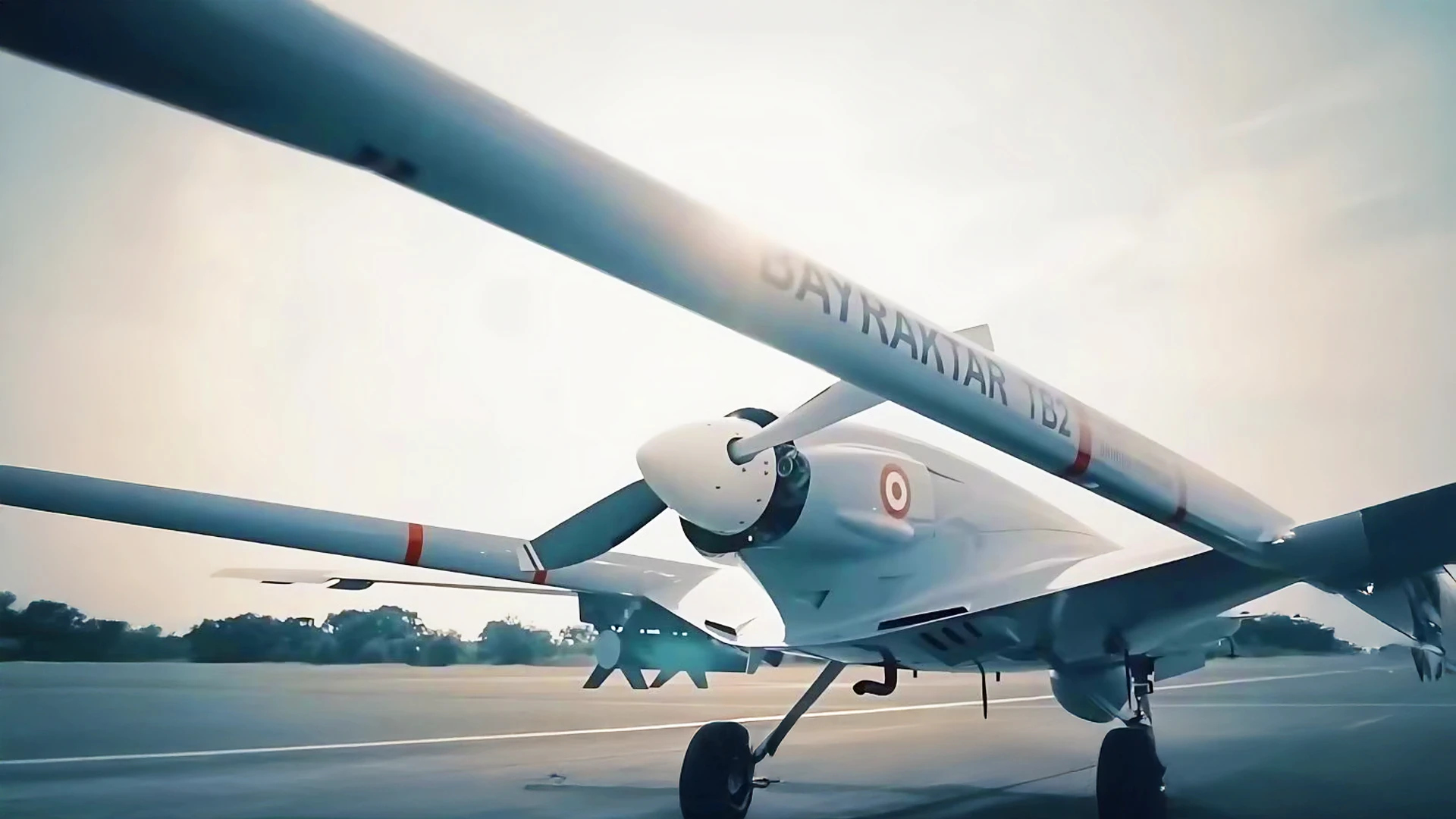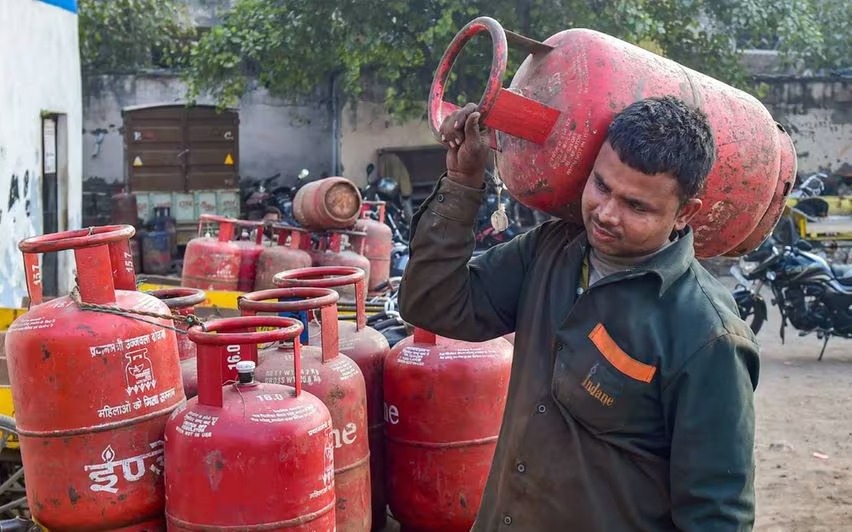
India has ramped up its surveillance along the Bangladesh border following reports of Turkish-made Bayraktar TB2 drones deployed near West Bengal. The presence of these advanced drones so close to Indian territory raises serious security concerns. As per the sources, Bangladesh’s 67th Army is behind the operation of the killer drones for intelligence, and surveillance.
The development coincides with the ongoing political instability in Bangladesh after the fall of Sheikh Hasina’s Awami League Government. Intelligence inputs suggest a resurgence of extremist elements in the region, with terror groups and smuggling networks allegedly exploiting the political vacuum to infiltrate Indian borders.
“Since Hasina’s ouster, anti-India elements appear to be reasserting themselves. The situation, compounded by the deployment of advanced drones, warrants increased vigilance” said a senior intelligence officer.
The Threat of Bayraktar Drones
The Bayraktar TB2 drones, known for their precision and effectiveness, were reportedly operationalized earlier this year by Bangladesh. With six of the 12 ordered drones already deployed, these UAVs enhance Bangladesh’s surveillance capabilities, sparking apprehensions about their strategic use near Indian borders. While Bangladesh claims that the drones are intended for defensive purposes, the timing and location of their deployment have drawn scrutiny.
India’s Countermeasures
In response to the step taken by the neighbouring country, Indian armed forces have heightened security measures along the border. Surveillance operations have been intensified, and India is prepared to deploy counter-drone technology, including its own Heron TP drones, to neutralize potential threats.
According to a senior Defence official, India is closely monitoring developments and will implement necessary countermeasures to safeguard the nation’s security. Coordination with international partners has also been strengthened to track and assess the implications of Bangladesh’s drone strategy.
Why This Matters
The situation underscores the delicate balance of regional stability in South Asia. The combination of political turbulence in Bangladesh, the emergence of extremist activities, and advanced military technology near Indian borders is a concerning triad. Experts warn that India must act decisively to protect its borders and maintain peace in the region.
As tensions rise, the presence of Turkish drones near the Indian border highlights the changing security landscape. For India, vigilance has become the need of the hour.







